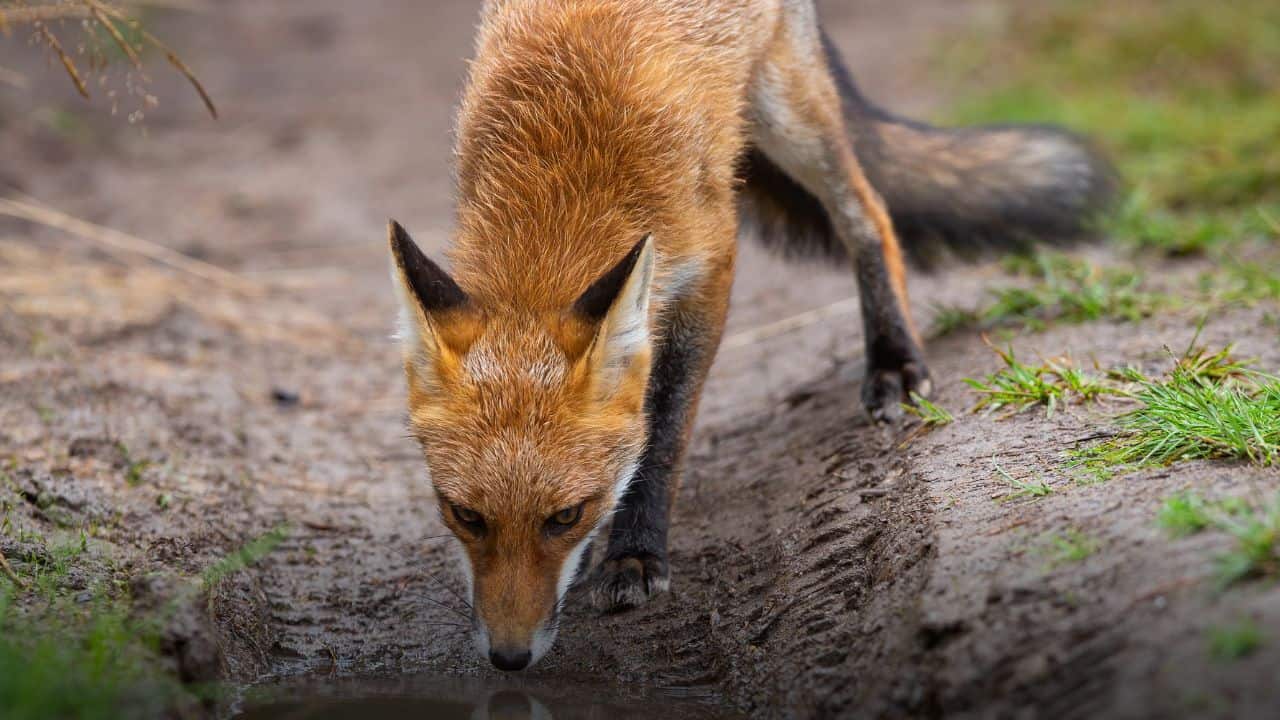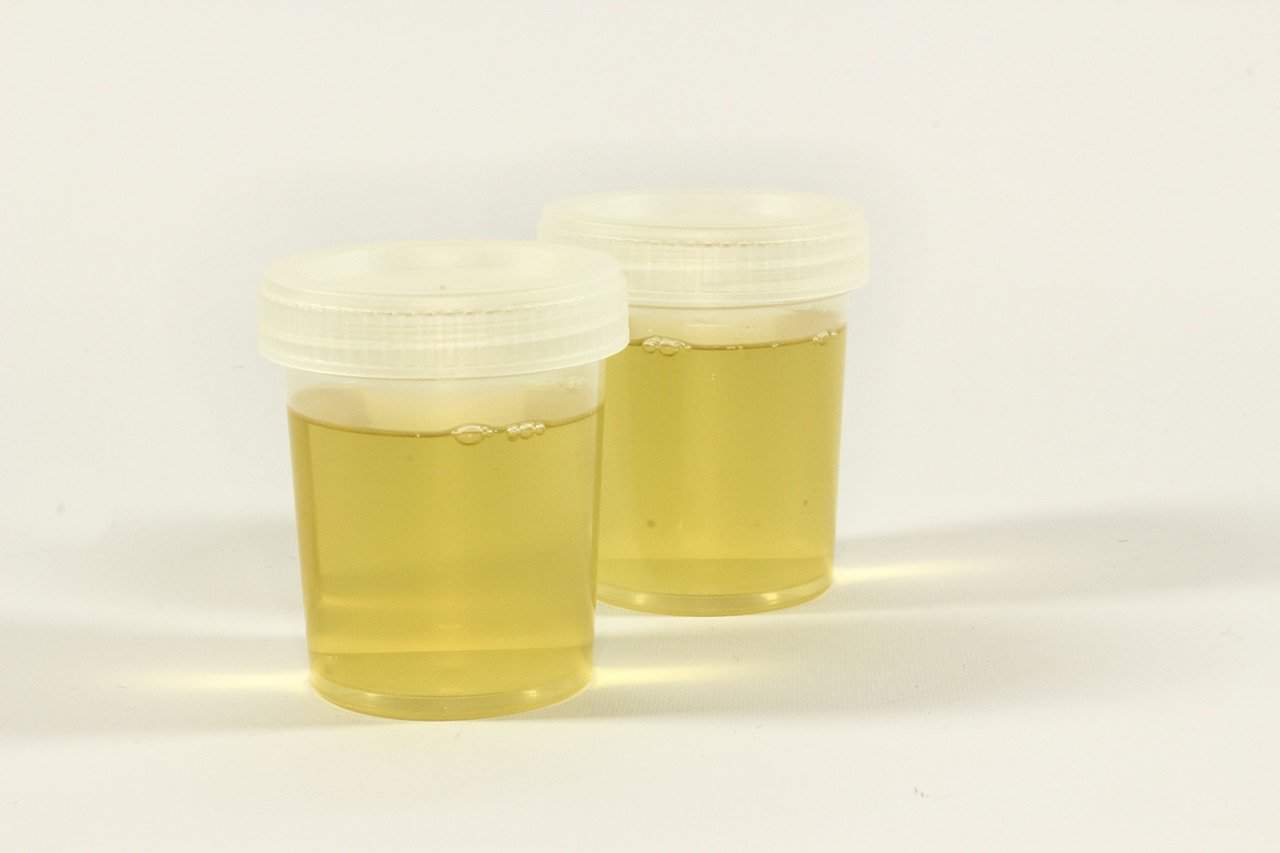Urine drinking, or urophagy, is a behavior that is observed in many different animal species. While it may seem repulsive to humans, urine drinking is actually an adaptive behavior that can serve a variety of purposes for animals.

From survival in harsh environments to nutrient preservation, animals have developed unique physiological and behavioral adaptations to make urine drinking a part of their survival strategy.
In this article, we will explore the reasons why some animals drink their urine, provide examples of species that exhibit this behavior, and examine the potential health risks and benefits.
Animals that Drink Their Urine
Urine drinking is a behavior that has been observed in a wide range of animal species across different taxa. Here are some examples:
Rodents
Desert rodents like kangaroo rats, gerbils, and mice are well-known for their ability to survive in arid environments where water is scarce. In these harsh habitats, they must conserve water at all costs, and one way they do this is by drinking their urine. These rodents have highly efficient kidneys that produce concentrated urine, and they are able to extract the maximum amount of water possible from it. By drinking their urine, they are able to recycle water and maintain hydration, which is essential for survival.
Canids
Foxes and coyotes are another example of animals that drink their urine in order to survive in dry habitats. They have the ability to produce highly concentrated urine, which they can then drink to replenish lost fluids. In addition, they are also able to reduce their water loss through other means, such as panting and reducing their metabolic rate during times of water scarcity.
Fun Outdoor Quiz
Primates
Monkeys and apes have been observed drinking their urine for nutritional purposes, especially during periods of food scarcity. Urine contains a significant amount of nitrogen, which is essential for the production of proteins and nucleic acids. When food is scarce, primates will drink their urine to supplement their diet and maintain their nitrogen balance.
Ungulates
Deer, horses, and camels are examples of ungulates that have been observed drinking their urine when water is scarce. These animals have the ability to produce highly concentrated urine, which they can then drink to maintain hydration. Camels, in particular, are known for their ability to conserve water, and they can go for long periods without drinking any water at all.
Birds
Birds are also known to drink their urine to conserve water. Pigeons, for example, have been studied extensively for their ability to survive in dry environments, and it has been shown that they will drink their urine to conserve water when necessary. Hummingbirds are another example of birds that drink their urine for nutritional purposes. These tiny birds have very high metabolic rates, and they require a significant amount of nitrogen to maintain their energy levels. By drinking their urine, they can supplement their diet with additional nitrogen.

Reptiles
Desert iguanas and some species of turtles are known to drink their own urine in order to conserve water. These animals have evolved highly efficient kidneys that produce concentrated urine, which they can then drink to maintain hydration. In addition, they are also able to reduce water loss through other means, such as by retreating to shade during the hottest parts of the day.
Insects
Bees and some species of ants are known to drink their own urine as a source of nitrogen. Bees require nitrogen to produce proteins and nucleic acids, and they will drink their urine to supplement their diet with additional nitrogen. Some species of ants also drink the urine of their colony members as a way of recycling nutrients.
Reasons Why Some Animals Drink Their Urine
While the idea of drinking one’s own urine may seem repulsive to humans, it is actually a behavior that has evolved in many animal species for a variety of reasons. Here are some of the main reasons why some animals drink their urine:
Water Conservation
For many animals living in arid environments where water is scarce, drinking their own urine can be a vital means of maintaining hydration. By recycling water through their kidneys, these animals are able to conserve precious fluids and avoid dehydration.

Nutrient Acquisition
Urine also contains a variety of nutrients that can be recycled and reused by the body. For example, urine contains nitrogen, which is a key component of amino acids and nucleic acids. By drinking their urine, some animals are able to supplement their diet with additional nutrients and maintain their overall health.
Behavioral Adaptation
In some cases, urine drinking may simply be a behavioral adaptation that has evolved in response to specific environmental conditions. For example, some species of birds have been observed drinking their urine to conserve water during periods of drought, even though they may have access to other sources of water.
Waste Elimination
Finally, it is worth noting that urine drinking is not always a deliberate behavior. In some cases, animals may accidentally ingest small amounts of urine while drinking from a water source or grooming themselves. While this may not be a deliberate means of nutrient acquisition or water conservation, it does serve the purpose of eliminating waste from the body.
Conclusion
In conclusion, urine drinking is an important and fascinating behavior that has been observed in a wide range of animal species. While it may seem strange or unappealing to us as humans, it serves a vital purpose for these animals in a variety of ways. By understanding the reasons why some animals drink their urine, we can gain insights into their behavior and survival strategies, and potentially use this knowledge to aid conservation efforts and promote animal welfare.









